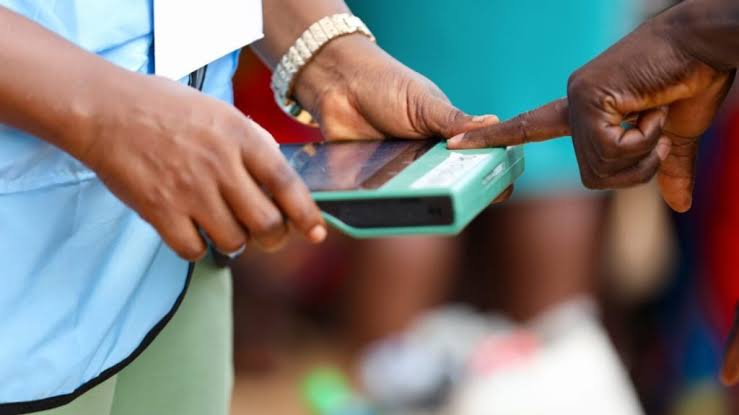No Result
View All Result
>
Home What is BVAS In Nigeria
No Result
View All Result
© 2023 Naijaonline By Marvnic Media
This website uses cookies. By continuing to use this website you are giving consent to cookies being used. Visit our
Privacy and Cookie Policy.

